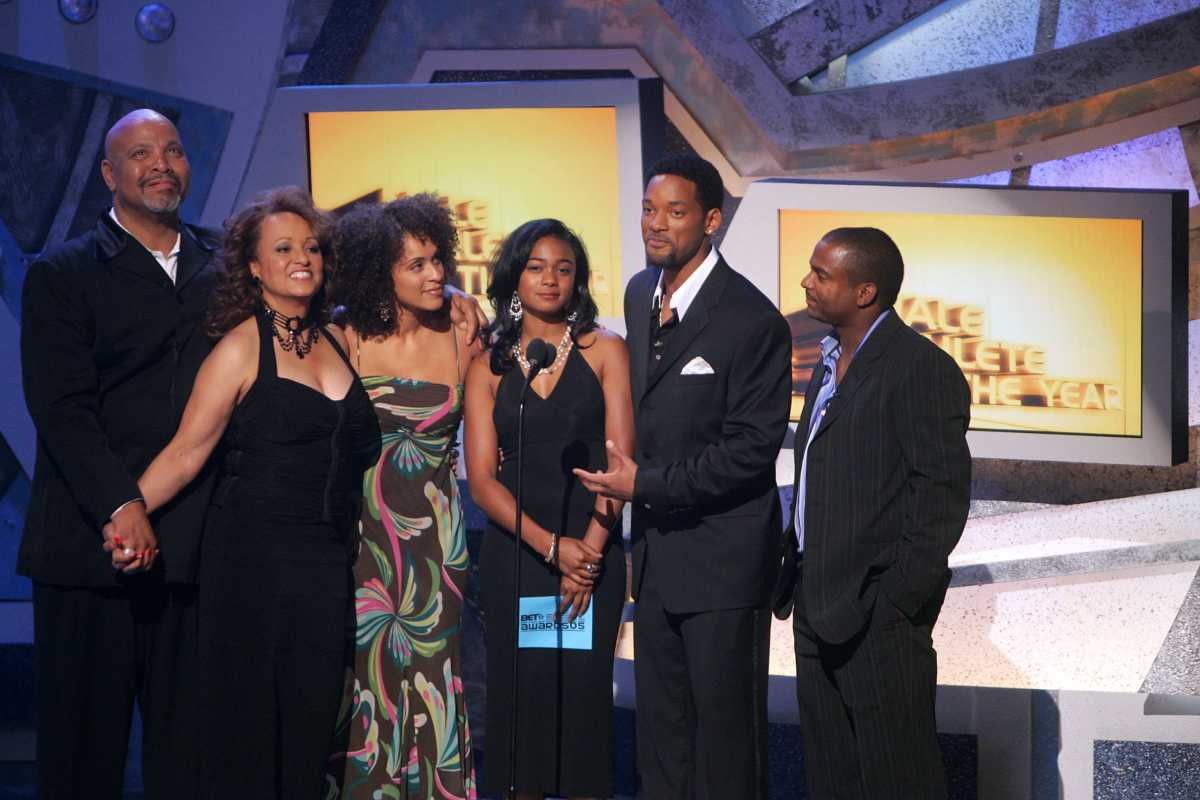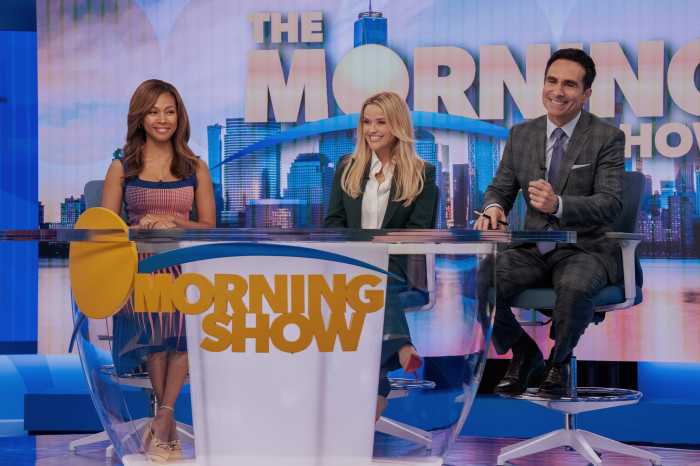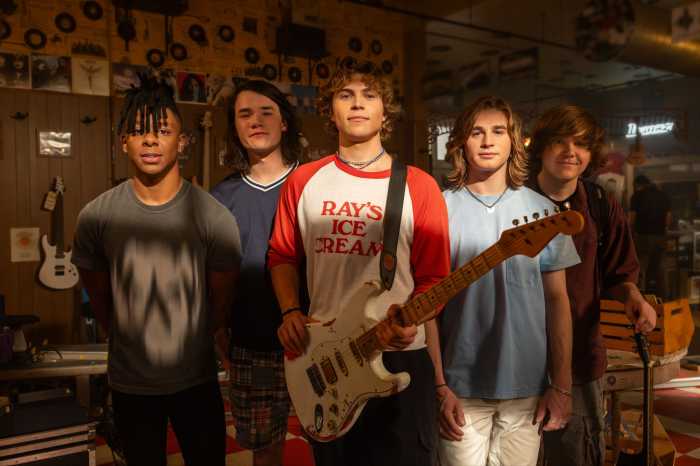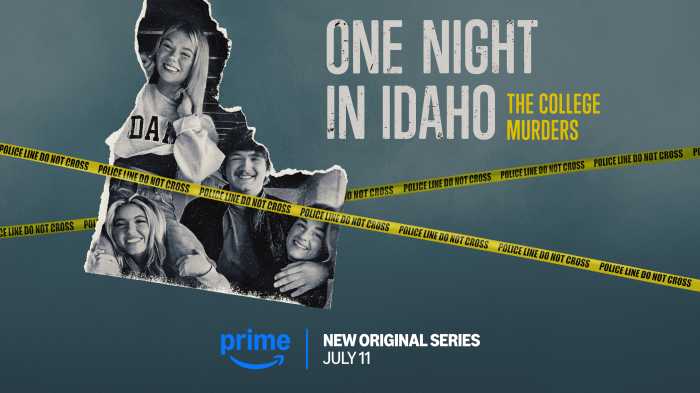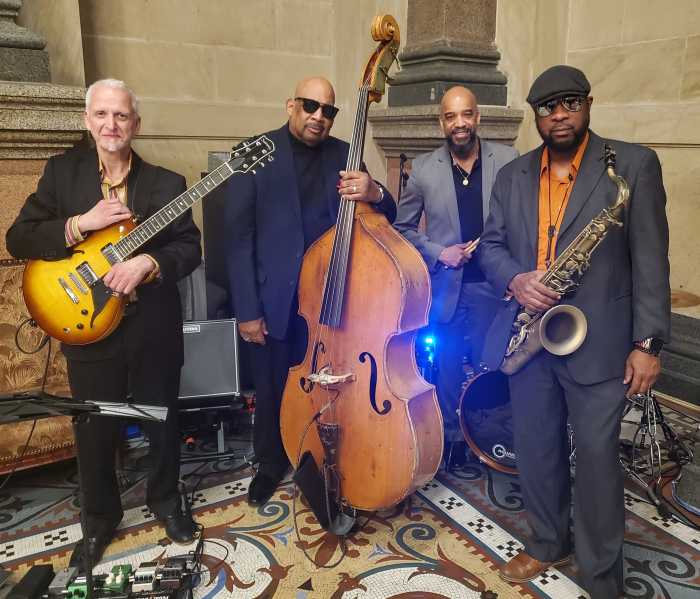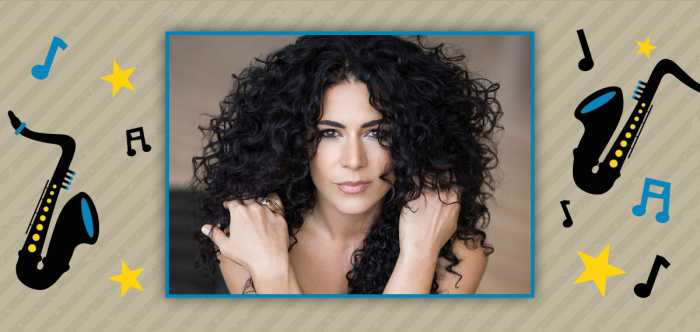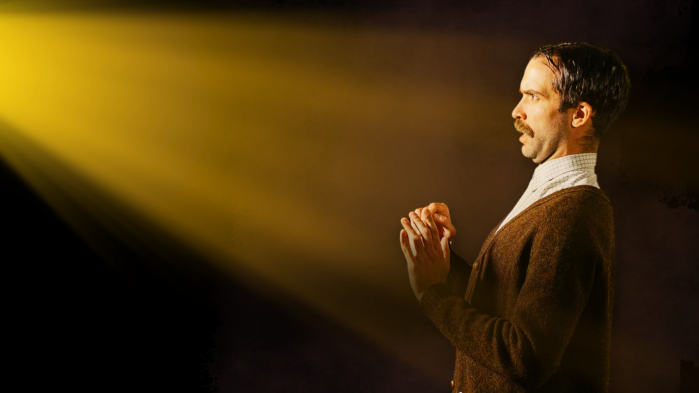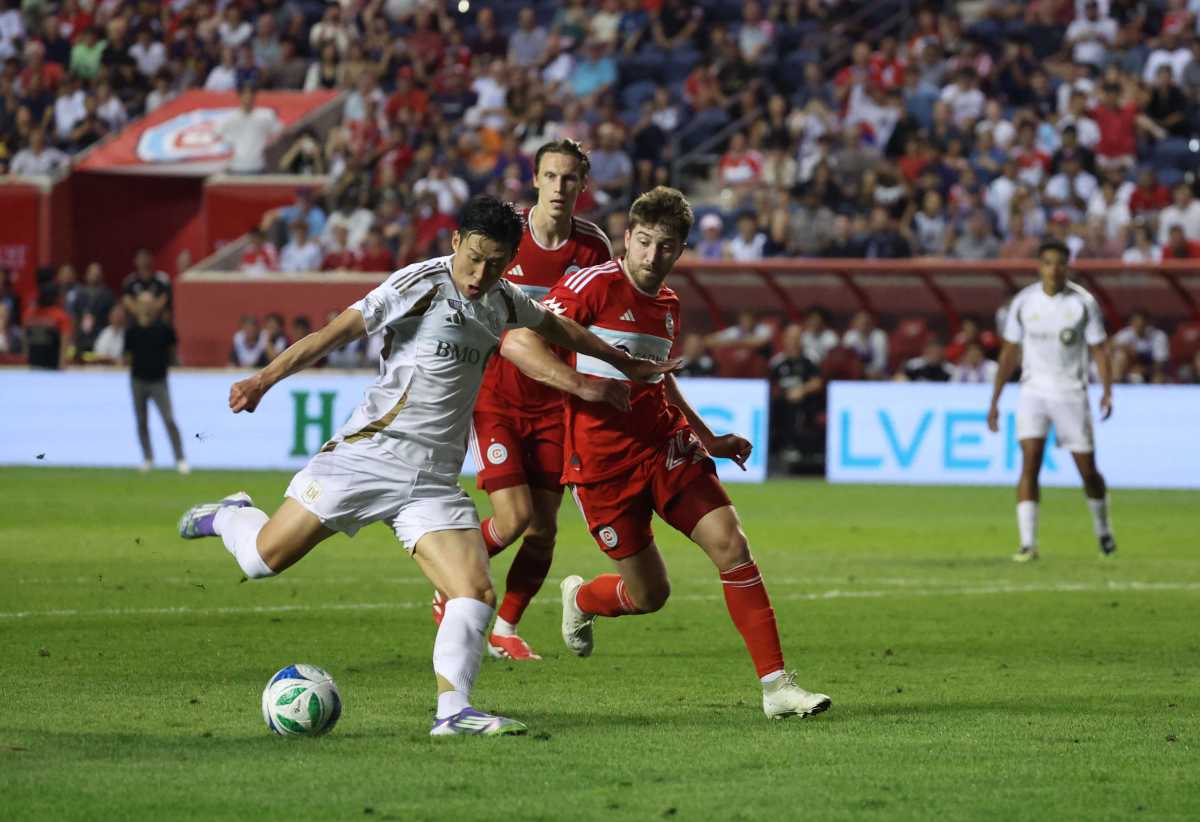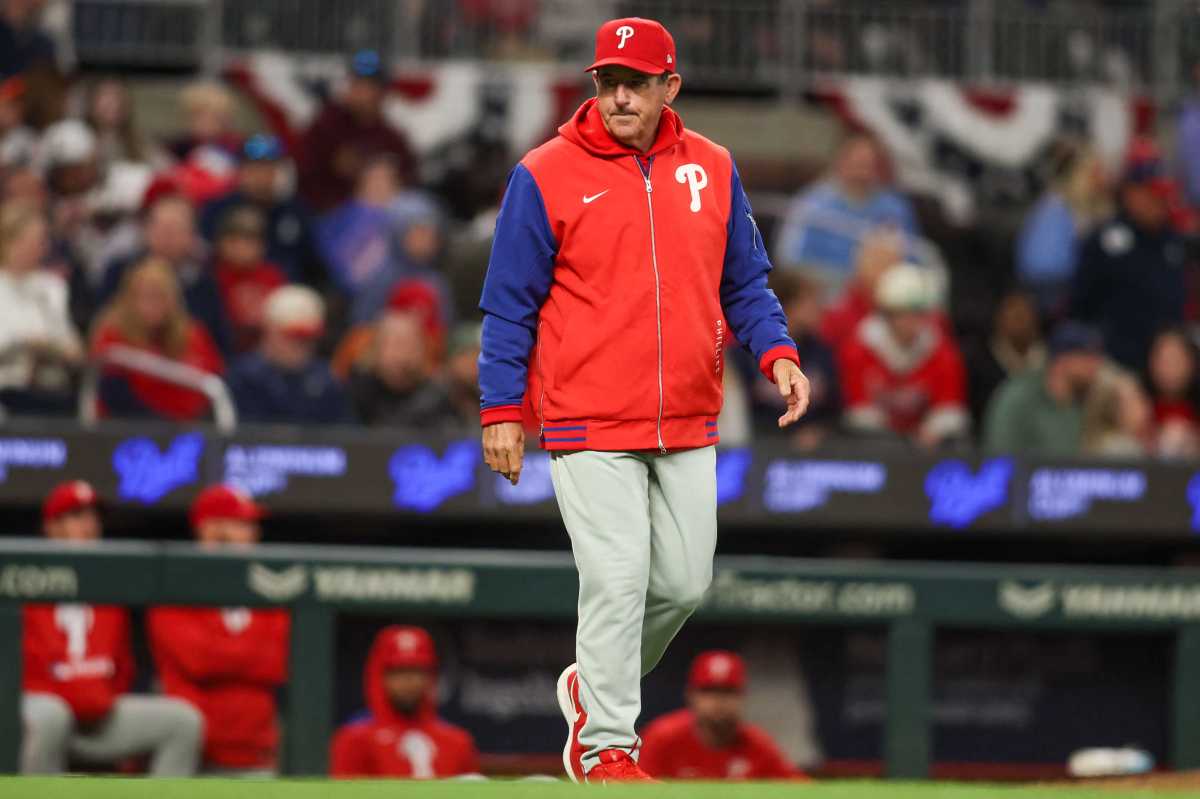By Luz Lancheros, MWN
‘The Fresh Prince of Bel-Air’ — which aired from 1990-1996 — was an innovative sitcom not only about the culture shock experienced by Will (Will Smith), a rapper from Philadelphia who moves in with his upper class Bel-Air family, the Banks; but also about issues such as racism, police brutality, parental abandonment, discrimination based on size, race and gender. Everything with humor.
In 148 episodes – spread over 6 seasons – we saw how Will evolved from a “problem child” to a married and responsible man who followed his own principles. Other characters included his seemingly rigid Uncle Phil (unforgettable James Avery) – who came from nothing as a lawyer and brought wealth to his family as a judge – Will’s Aunt Vivian (Janet Hubert-Whitten / Daphne Maxwell Reid), who was far from being the complacent trophy wife by even being a college teacher; and his cousins, who were also endearing.
Hence, Carlton (Alfonso Ribeiro) went from being an insufferable nerd and know-it-all, rather smug, to being Will’s sidekick and a three-dimensional character, who even left dancing for digital posterity that he has repeated in several comedy shows in recent years. Or Hilary Banks (Karyn Parsons), who transformed from being the typical dumb rich girl from Beverly Hills to an intelligent woman with an ability to stand out on her own and create her own career. Something that little Ashley (Tatyana M. Ali), Will’s “protégé”, is also doing. The family was complemented by the biting British butler Geoffrey Buttler (Joseph Marcell) and Jazz (DJ Jazzy Jeff), Will’s friend who was constantly kicked out of the mansion.
The idea of the cultural, social and even racial clash between African-Americans in the 90s and the context of times (during the second season of the series, for example, there were protests in Los Angeles which ended in riots against police brutality), came from the music representative Benny Medina, who was invited by the wealthy white family of a friend to live with them. This had to evolve due to these events and what the culture dictated to them already at that time, with rap as an emerging force in the commercial and cultural establishment since the 1980s, but with a still stigmatizing element for many young people from Black communities.
So it was not uncommon to see stars emerging from this musical current like Queen Latifah – giving a powerful lecture – while Jazz got kicked out of the house or Will got in trouble for his dress, hairstyle and manners. And of course, the guest stars (even Donald Trump stopped by) contributed to the show’s iconic status. But definitely, its strongest slogans, treated in the trope of Will as the “street kid” who confronts the “privileged kid” like Carlton by showing him the reality that the latter has been unable and unwilling to see, are the ones that have endured over time, more than cast’s disagreements.
Many remember how Jane Hubert was replaced due to creative differences with Will Smith. She even accused him of ruining her career, only to later reconcile, but what survived and aged better were Will’s criticisms of the police’s treatment of African-Americans. For example, when he confronts Carlton and shows him the truth about what happens to those of his race, even if they are rich. And even worse: what happens next, when they are criminalized for skin color. These criticisms were seen in several episodes (the particular clip from the episode called “Mistaken Identity”) and went viral in the context of the Black Lives Matters protests across the U.S., where the series was vindicated as a product of social criticism par excellence that, unfortunately, is still strong.
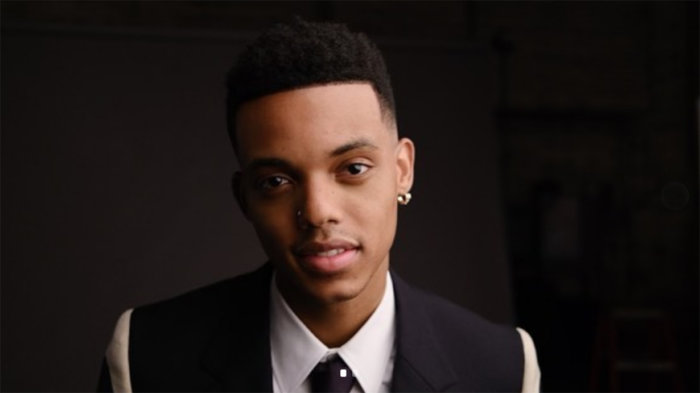
The cast has reunited for an HBO special last year. And there’s already a choice for a reboot that will be totally different from the ’90s show. Jabari Banks already has the go-ahead from Will Smith. Adrian Holmes will play Uncle Philip, Cassandra Freeman will appear as Aunt Vivian and Olly Sholotan as Carlton. But it will no longer be a comedy adapted to the 21st century, but quite the opposite. The idea came from seeing a viral video by Morgan Cooper, which changed the tone of the show and is based mostly on the song that gave the premise to the series, Alfonso Ribeiro explained. And this was what the comedy dealt with in a clever and not at all crude way by working in this format: Will practically has to leave Philadelphia because of the gangs that threaten his safety and he moves out against his will. His mother sees him from time to time and his father is an absent figure. And the rest of his family has financial problems, conflicts and even rifts.
The series will be launched next year and already has two seasons under its belt.
As with all reboots that appeal to nostalgia and more with such a product still on the platforms – it stayed on Netflix for many years until December 2020 and is now on HBO Max – it is hoped that this series will bring justice. Because its popularity and the affection of an audience spanning several generations around the world were due to Will’s enormous charisma, the quirks and eccentricities of his new family and the cultural and political clashes that were powerfully portrayed. And through a much more difficult formula: knowing how to make people laugh.



